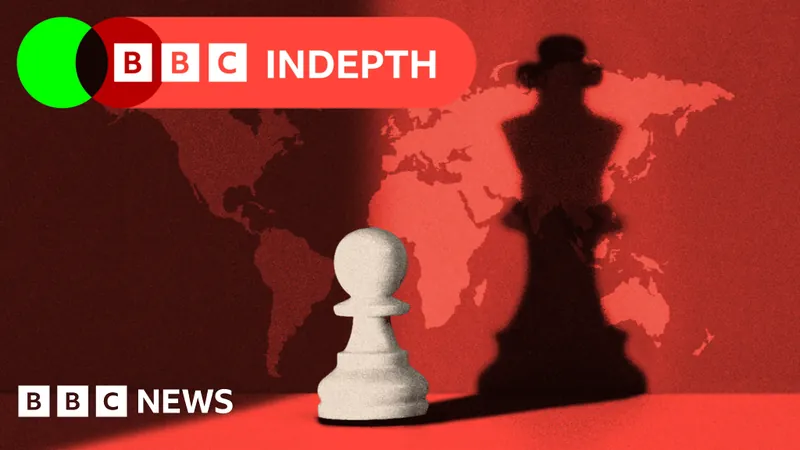
The Trump Effect: How One Presidency Disrupted the Global Order
2025-03-26
Author: Charlotte
The Trump Effect: How One Presidency Disrupted the Global Order
Donald Trump's presidency has fundamentally shaken the global political landscape, leaving European leaders scrambling to adapt to a new reality. Today, many experts argue that we are witnessing the most serious crisis for Western security since World War II. As one analyst remarked, "Trumpism will outlast his presidency." This raises urgent questions: Which nations will fill the vacuum left by the United States? And can Europe rise to the occasion in a time of heightened insecurity?
The Changing Global Landscape
To appreciate the current crisis, one must understand the historical context. President Harry Truman's declaration of the Truman Doctrine marked a pivotal moment in 1947, when the United States stepped in to prevent the spread of Communism in Europe. This commitment led to the Marshall Plan, which helped rebuild war-torn Europe, and the formation of NATO, aimed at providing collective security against the Soviet threat.
However, since Trump was elected, the traditional American role as the guarantor of global democracy and security has been challenged. Trump's dismissal of longstanding international commitments has led to fears that a new world order is forming, one that might not prioritize democratic values or shared Western interests.
A Challenge to Established Norms
Trump’s skepticism toward foreign alliances is not new. As early as 1987, he criticized the U.S. defense commitments to countries like Japan, arguing they were benefiting at America's expense. Fast forward to today, and his administration has echoed similar sentiments. Leaked messages from Trump’s advisors even suggested frustration over Europe’s reliance on American military assistance.
The new administration appears to adopt a less conciliatory approach towards Russia, signaling a potential willingness to compromise on issues significantly affecting European stability. Notably, Trump hinted that Ukraine might not receive NATO membership, a move considered highly controversial and disheartening for European allies.
American Values, Divisions, and European Security
The implications of a less engaged America are extensive. For many Europeans, Trump's presidency suggests a growing divide in values between the U.S. and Europe. Ed Arnold, a researcher at the Royal United Services Institute (RUSI) in London, argues that this shift might be structural and long-term, potentially outliving Trump himself.
The reliance on NATO’s Article 5, which guarantees collective defense, is increasingly questioned. Former British Defence Secretary Ben Wallace recently claimed that this principle “is on life support” and warned of the risks if Europe does not bolster its defense capabilities. This sentiment is echoed by the population; recent polls show a significant decline in American favorability in traditionally pro-U.S. nations.
An Opportunity for New Leaders
As the landscape shifts, there emerges a chance for other nations to step onto the global stage. Countries like Germany, under new Chancellor Friedrich Merz, are calling for a more independent Europe, free from American oversight. However, achieving military self-sufficiency is fraught with challenges—historical divisions, budgetary constraints, and differing defense priorities make forming a cohesive European defense policy difficult.
Europe's military budget has been drastically cut over the past decades, with countries prioritizing economic benefits over defense expenditures. While some nations awaken to the necessity of rearmament, there remains skepticism about how far this renewed commitment can go.
The Challenge Ahead
To navigate this transition towards a less U.S.-centric world, Europe must undertake the daunting task of creating its own security strategies and defense mechanisms. Historians emphasize that Europe needs to build a robust military-industrial base to attain capabilities currently dominated by the U.S. However, deep-seated national interests and varying perceptions of threats across the continent pose significant barriers to cohesive action.
Trump's shift from a rules-based international order to one that might favor the might of larger powers resembles the geopolitical dynamics of the early 20th century. If nations like the U.S. and Russia pursue "spheres of influence," smaller nations may become vulnerable to external pressures and interventions.
The Conclusion: A Call to Action
What remains uncertain is how Europe will forge its path amidst these changes. For the first time in decades, the stability of the transatlantic alliance faces existential questions. It is essential for Europe to prioritize unity, invest in military capabilities, and uphold a shared commitment to democratic values in the face of emerging global threats.
As we stand on the brink of a new potential world order, the onus is on European leaders to take actionable steps—both to secure their own defenses and to reshape continental security in a way that honors the hopes of their citizens and the legacy of past alliances.
The world is watching closely as we witness this historic reshaping of global power dynamics. Will Europe rise to the challenge, or will the power vacuums left by waning American influence be filled by less benevolent forces? The upcoming years hold pivotal importance for a peace that was fought for, and is now at risk.
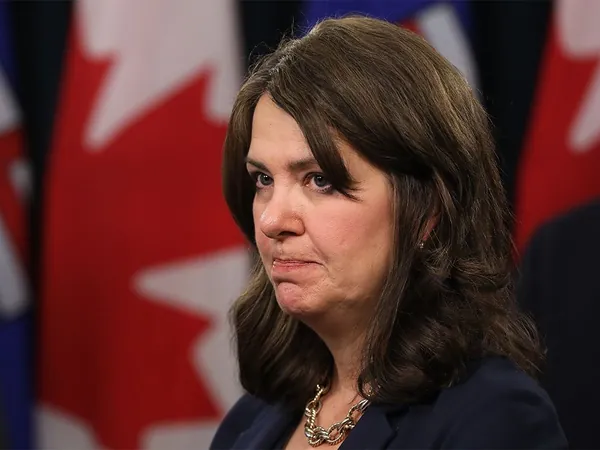

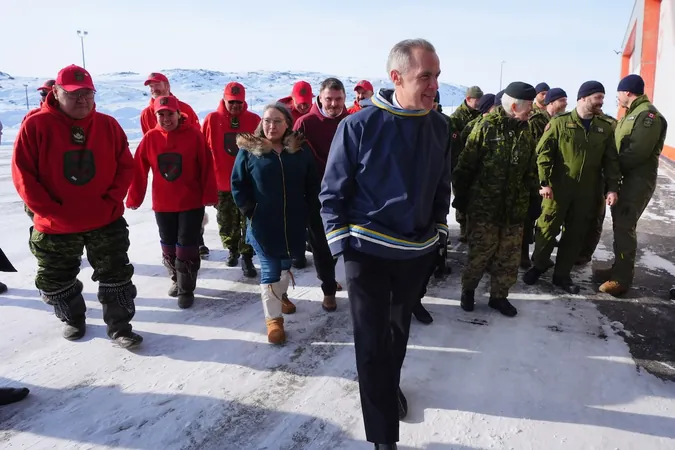
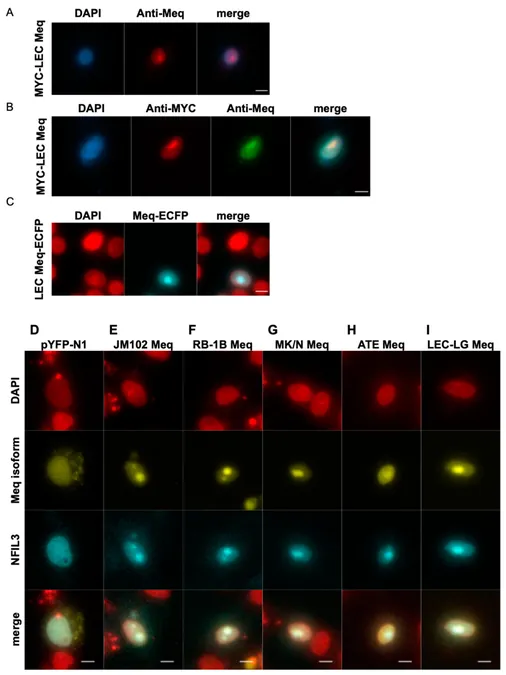



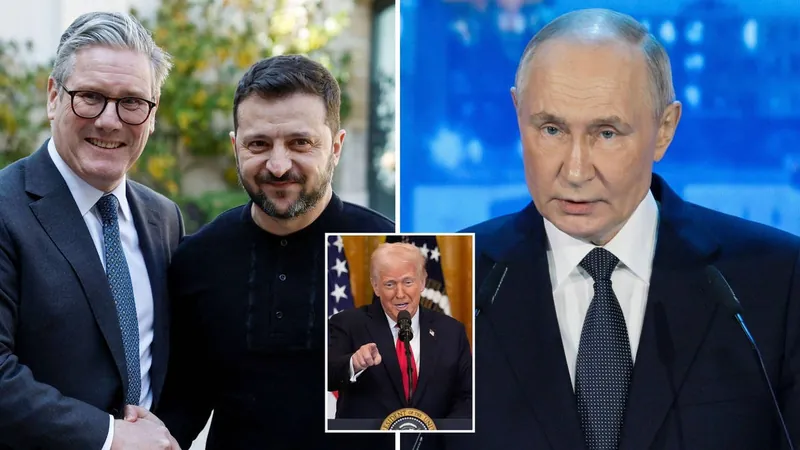

 Brasil (PT)
Brasil (PT)
 Canada (EN)
Canada (EN)
 Chile (ES)
Chile (ES)
 Česko (CS)
Česko (CS)
 대한민국 (KO)
대한민국 (KO)
 España (ES)
España (ES)
 France (FR)
France (FR)
 Hong Kong (EN)
Hong Kong (EN)
 Italia (IT)
Italia (IT)
 日本 (JA)
日本 (JA)
 Magyarország (HU)
Magyarország (HU)
 Norge (NO)
Norge (NO)
 Polska (PL)
Polska (PL)
 Schweiz (DE)
Schweiz (DE)
 Singapore (EN)
Singapore (EN)
 Sverige (SV)
Sverige (SV)
 Suomi (FI)
Suomi (FI)
 Türkiye (TR)
Türkiye (TR)
 الإمارات العربية المتحدة (AR)
الإمارات العربية المتحدة (AR)